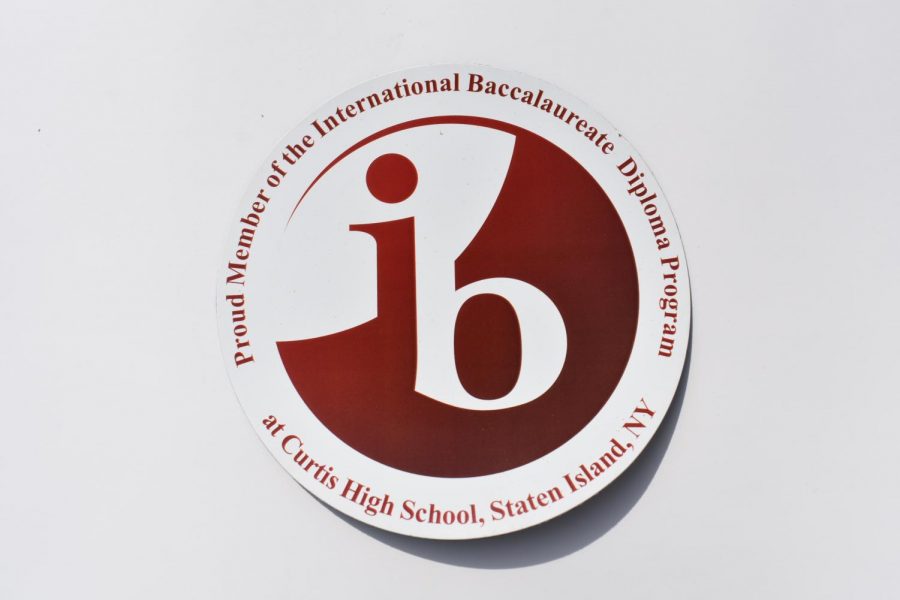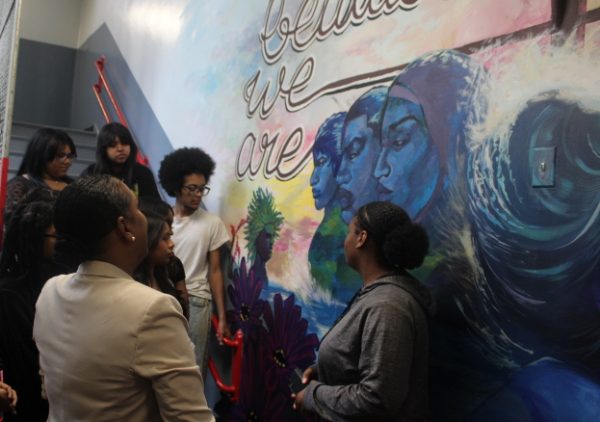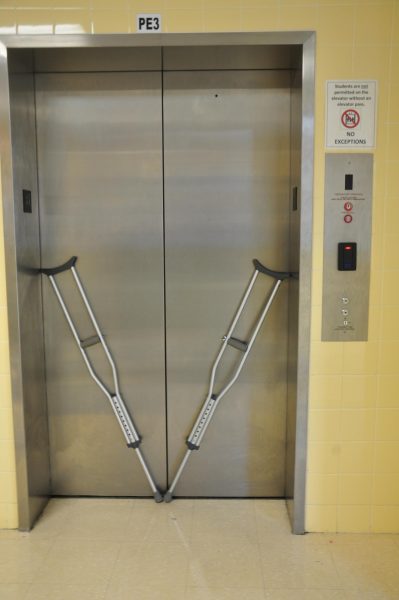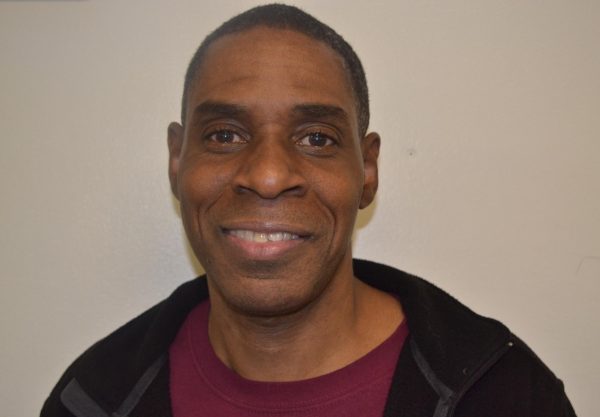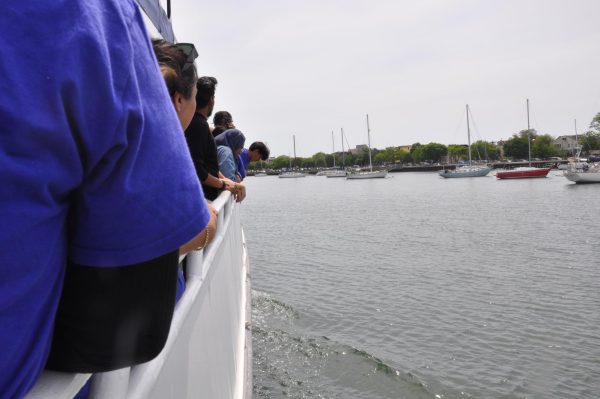What does it mean to be an IB school?
Curtis High School has technically been an IB School for over a decade. In the last several years, that fact has become a defining characteristic.
The Curtis IB Program has seen a rise in student interest as many potential freshmen begin their high school search. More globally recognized than AP courses, The International Baccalaureate (IB) is an educational foundation that promotes “critical and independent thinking.” In a discussion with Ms. Francis, the IB Coordinator, she explained that emphasis is placed on teaching students to think holistically. This means that rather than there being a sharp division between each subject, students are encouraged to view each of their courses as interconnected.
In total, IB offers four programs, though only two are taught at Curtis. The Primary Years Program (PYP), for students in grades K-5; The Middle Years Program (MYP), for grades 6-10; Diploma Program (DP) and Career-Related Program (CP) for 11 and 12. Curtis has been a certified IB World School since 2007, but the CP program was only recently introduced during the 2018-2019 school year. While DP and CP are both offered to juniors and seniors, they differ in curriculum. The Career-Related Program prepares students for employment or higher education and is a generally more flexible framework, as described by the IBO website. Mr. Banks, who teaches Personal Professional Skills says that CP is “more career goal oriented.” On the other hand, the Diploma Program is broader, with the goal of preparing students for higher level education.
But what does it mean to be an IB School? Does every student in the school need to be on the CP or DP track? We spoke with both Ms. Francis and Mr. Crowdell, the Assistant Principal of Mathematics, and they both explained that to be an IB School, there need only be one IB program offered to students. That means that if a school was only to offer the Diploma Program, they would be considered an IB School the same as another school that offered all four programs. Mr. Crowdell went on to say, “The goal is to have every student take at least one IB class by the time they leave Curtis.” He believes that it is good preparation for life after high school, whether or not students ultimately choose to pursue higher education.
Beyond the classes, being an IB School is a paradigm switch that involves all teachers embracing holistic methods of teaching. In order to understand this change, we spoke with Mr. Williams, who teaches Theory of Knowledge. He has helped introduce teachers to the IB Learner Profile, a list of characteristics that encourage students to be internationally minded. While speaking with predominantly non-IB teachers, he emphasized the need to change the conversation between teachers and students. Less of a “battle-of-wills” and more productive conversation. The biggest issue, he said, was that students did not care about their work or community. Essentially, being an IB school has to do with the mindset of those involved. If teachers are giving students the tools to be globally conscious and students in turn are reciprocating that effort, there is a big difference in the level of preparedness for life after high school. An IB World School can be described in one sentence as a school that offers at least one IB program, but also nurtures the characteristics of a responsible international citizen in every student.


